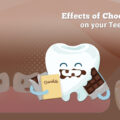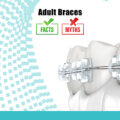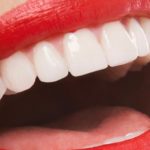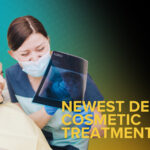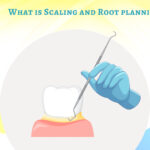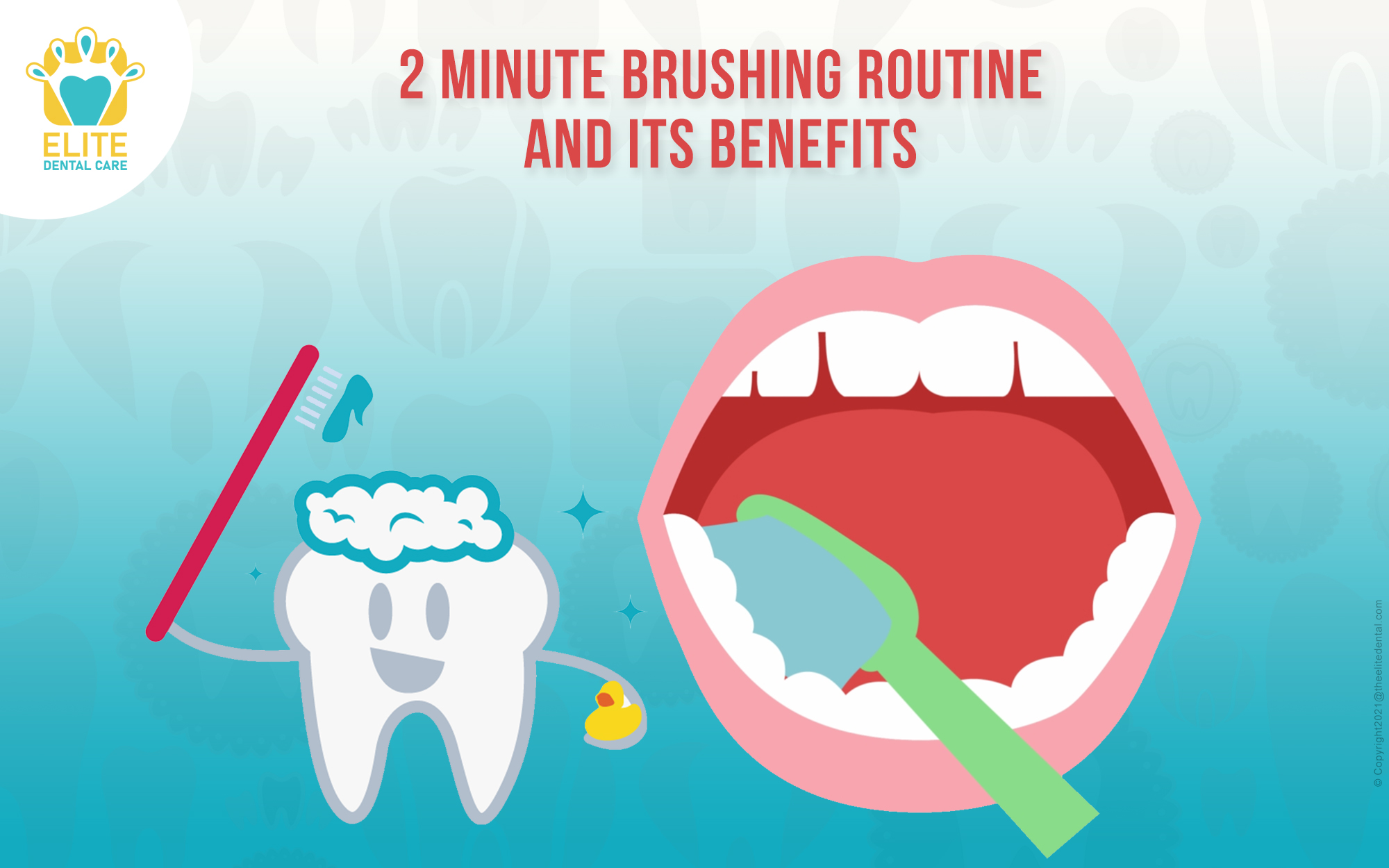
flossinghygiene tipsoral healthTeeth Whitening
edental
24 December 2021
2-minute Brushing Routine and Its Benefits
Brushing habits vary by everyone, but doctors advise brushing two times daily for at least two minutes each time. Along with brushing regularly, the method you clean your teeth, the brush you use, and other things should all be taken into account.
Oral health is an important aspect of overall well-being. Brushing your teeth on a regular basis can assist to enhance your oral health by:
- Plaque and tartar accumulation can be controlled.
- cavities can be minimized.
- Reduce your chances of developing gum disease.
- Reduce your chances of developing some types of oral malignancies.
Why is it necessary to brush for 2 minutes?
Brushing for 2 minutes, twice a day, according to current American Dental Association (ADA) recommendations. You will not eliminate as much plaque from your teeth if you brush for less than 2 minutes.
You’re not alone if 2 minutes seems like an eternity compared to what you’ve been doing. According to a recent survey, most people only brush for 45 seconds on average.
A total of 47 participants were studied to see how brushing time influenced plaque clearance. According to the results, brushing for 2 minutes instead of 45 seconds could effectively remove up to 26% more plaque.
Consider the following brushing fundamentals:
Brush your teeth for 2 minutes twice every day. Don’t hurry when brushing. To do a good job, set aside 2 minutes. Brush your teeth after every meal, especially if you’ve had something acidic. Use a toothbrush or a tongue cleaner to clean your tongue, which stores bacteria.
Make use of the appropriate equipment. Use a fluoride toothpaste and a toothbrush with a soft bristle that fits gently in your mouth. Try using an electronic toothbrush, which is more effective than manual brushing at removing plaque and a mild type of gum disease. These devices are especially useful if you have arthritis or other conditions that make brushing difficult.
Good technique should be practiced. Hold your toothbrush at an angle, focusing the bristles at the point where your tooth meets the gum. Brush in a circular movement with brief back-and-forth motions. Brushing too hard or with rough bristles might lead to gum disease.
Brushing your teeth for 2 minutes is recommended. Brush the outside, inside, and chewing surface areas of your teeth, and also your tongue.
Maintain the cleanliness of your toothbrush. Cleanse your toothbrush with water after every time you brush your teeth. By keeping your toothbrush standing, you can allow it to air dry before use it.
To avoid cross-contamination, keep it away from other toothbrushes in the same holder. Brushes should not be covered or stored in closed containers on a regular basis, since this might stimulate the growth of germs, mold, and yeast.
When it’s time to change your toothbrush, be sure you know when to do so. Every 3 months, or earlier if the bristles flay or become uneven, replace your electric or battery-operated toothbrush with a new toothbrush or replacement head.
According to a study, brushing your teeth with a whitening toothpaste can also help whiten your smile. These whitening toothpastes contain moderate abrasives that gently exfoliate the teeth to eliminate surface stains while remaining safe.
WHAT DOES BRUSHING FOR 2 MINUTES DO?
TOOTH ENAMEL STRENGTHENING
Brushing for 2 minutes is necessary for a variety of reasons. Brushing your teeth strengthens the enamel on your teeth, making dental decay less common. Mild tooth decay (also known as cavities) can be repaired by your dentist, but if left untreated, cavities can develop to a variety of issues, including swelling or fluid around the tooth, damaged or broken teeth, biting issues, and pain. Severe cavities can sometimes develop into a tooth abscess, which can lead to a serious or even life-threatening infection.
Brushing in the morning combats morning breath.
The temperature in the mouth is 98.6°F (37°C). It’s warm and moist, and it’s full with bacteria and food particles. Plaque is formed as a result of these interactions. It calcifies, or thickens, on your teeth to become tartar, also known as calculus, when it accumulates. Tartar not only irritates your gums, but it can also cause gum disease and poor breath.
Brush your teeth first thing in the morning to help remove plaque that has accumulated overnight.
Don’t forget about your tongue
Plaque can also accumulate on the tongue. This can lead not just poor breath, but also many other oral health issues. Clean your tongue with a soft toothbrush after you’ve finished brushing your teeth.
Flossing is just as crucial as brushing
Several individuals who brush their teeth on a daily basis overlook flossing. Flossing isn’t just for removing little food particles or vegetables caught within your teeth. It’s a method of stimulating the gums, removing plaque, and assisting in the reduction of redness in the area.
Flossing once or twice a day is generally enough to get desired outcomes.
Mouthwash should be considered
Mouthwash plays an essential role for good oral health in advertisements, but many people do not use it because they are unaware of how it works. Mouthwash works in three ways to lower acid in the mouth, clean hard-to-brush areas all around the gums, and re-mineralize teeth. Mouthwashes can be used in conjunction with other treatments to help restore equilibrium. Mouthwash is particularly beneficial in children and the elderly, where brushing and flossing may be difficult.
When’s the best time to brush my teeth?
Brushing after each meal is recommended by certain dentists. However, if you brush twice a day, you’ll usually brush once in the morning and once before going to night.
If you usually clean your teeth after breakfast, attempt to wait at least an hour after you eat to do so. Brushing after eating or drinking something acidic, like as citrus, is significantly more vital. Brushing your teeth too quickly after eating or drinking acidic foods or beverages might remove enamel that has been damaged by the acid.
Brushing your teeth on a regular basis is an important part of maintaining good oral health. Brush your teeth gently at least twice a day for 2 minutes each time.
